Reginald Nash (1889 – 1966), son to Margaret and George Edwin Nash, grew up in Gloucester, Gloucestershire and had three siblings: John, Walter, and Mary. In 1915 he married his wife Gertrude A. Fawckner and they had three children: Joyce, Daphne and Dennis.
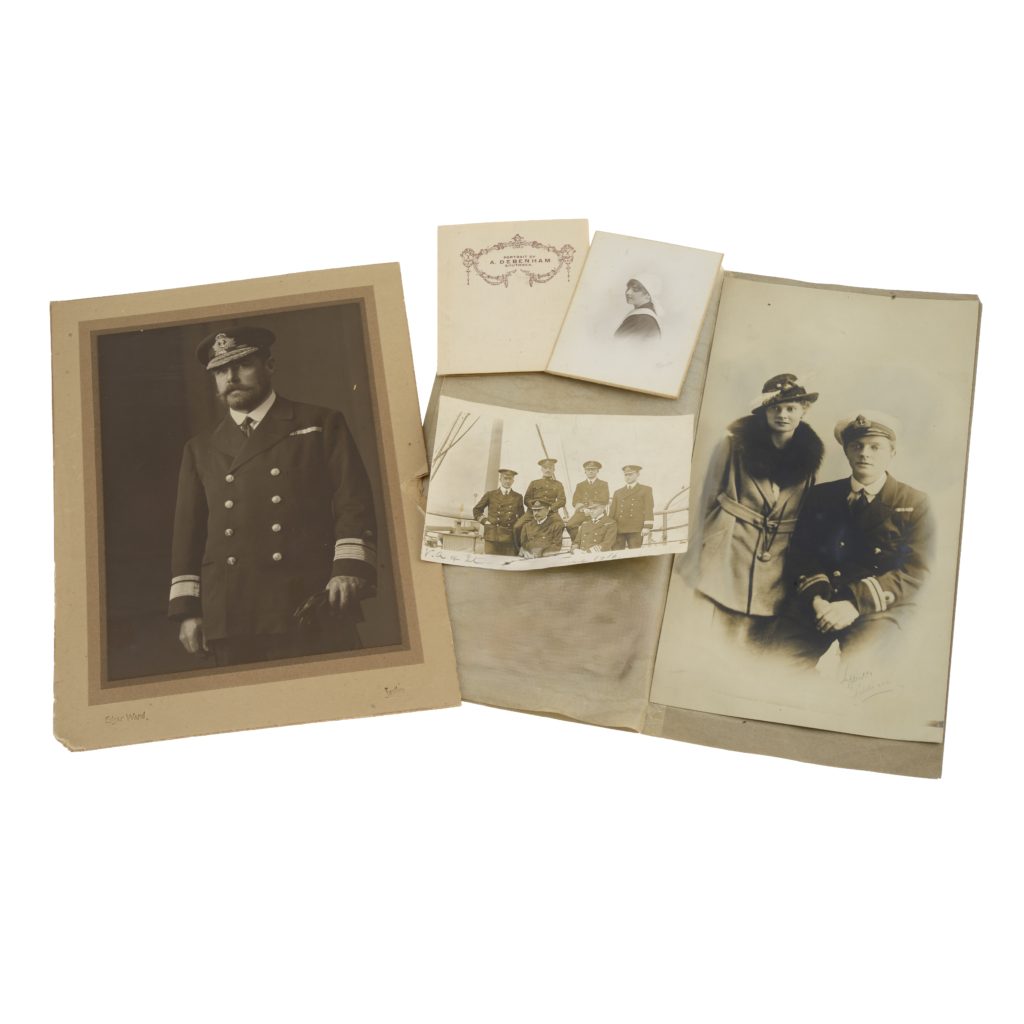
Gertrude's father, William B. Fawckner (1852-1944), enlisted in the army in 1882 and in 1917 retired with the ranking of Vice-Admiral. In 1911 William B. Fawckner had the honour of receiving the Coronation medal from George V which he passed down to his new son-in-law Reginald Nash.
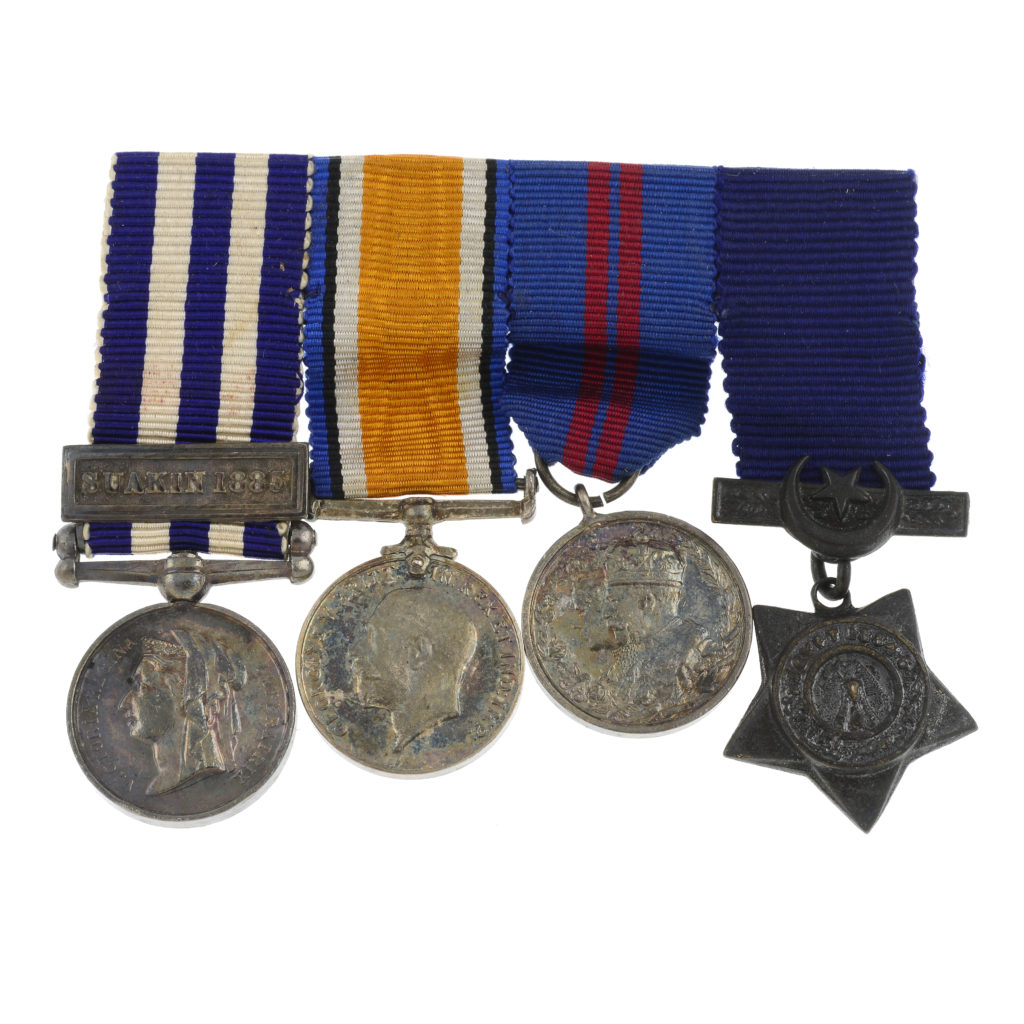
As someone who had came from an army family, Gertrude was nothing but supportive when Reginald enlisted in the Royal Navy in 1906. They relocated to Aldershot, Hampshire which is where they stayed and started their family.
In these journals, Reginald Nash recites his journey and experience of WWI. One of the main stories he recites is the Battle of Heligoland in 1914 and how this resulted in him receiving the Distinguished Service Cross (DSC) on 22 June 1917. The DSC is a third-level military decoration awarded for gallantry during active operations against the enemy at sea to officers.
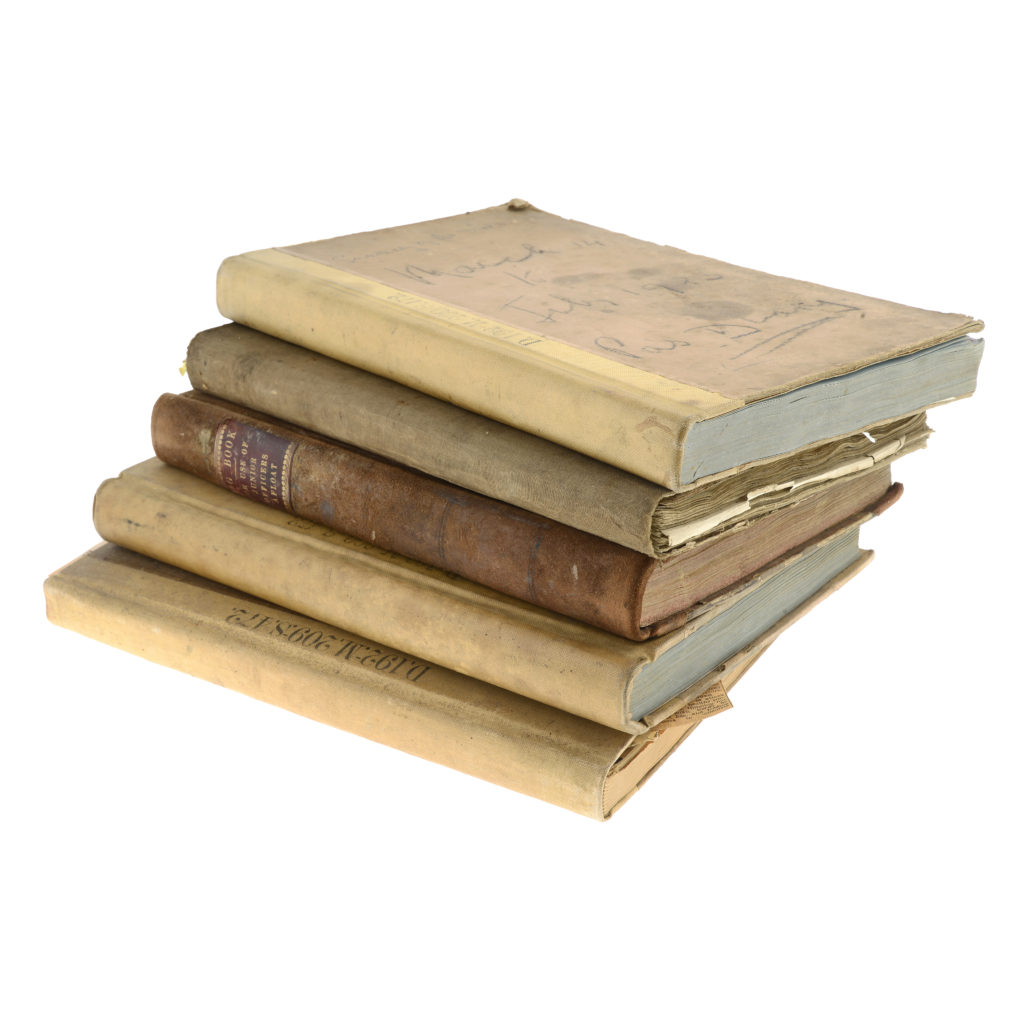
Battle of Heligoland Bight
In August 1914 British submarines in the Heligoland Bight region had noticed that German torpedo boats had started to patrol the area. Roger Keyes Commodore, commander of British submarines, formulated a plan to raid these patrols using the Harwich Force of light cruisers and destroyers.
The plan was for the Harwich force to drive the German patrol away from the German coast at dawn with British submarines split into two groups, one to intercept any German reinforcements and the other to act as a decoy to keep the German torpedo boats offshore. Keyes approached the Admiralty for approval of the plan on August 23, 1914, but the War Staff were too busy to consider the plan. Keyes, rather than giving up, went directly to the First Lord of the Admiralty, Winston Churchill.
Churchill was impressed by the idea and soon eight British submarines were involved. The sweep was to take place on the 28 August with Keyes and Tyrwhitt putting to sea on the 26 and 27 August respectively. Unfortunately, it was not until 26 August that the Admiralty informed Admiral John Jellicoe (Commander-in-Chief Grand Fleet) that a major operation was planned in the North Sea. This lack of communication from the Admiralty nearly led to disaster when before dawn the Harwich force encountered the First Light Cruiser Squadron.
Here is Reginald Nash’s first recite of the Battle:
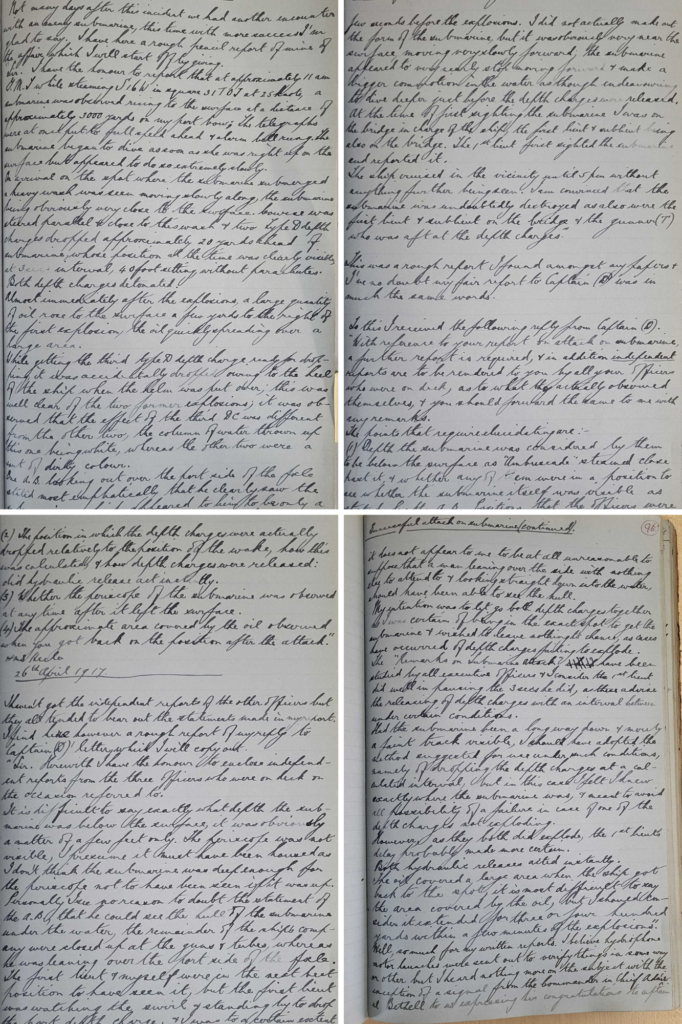
Awarding of D.S.C
The DSC (Distinguished Service Cross) is a third-level military decoration awarded for gallantry during active operations against the enemy at sea to officers. It was first established by King Edward VII on the 28th June 1901 along with the following statement:
‘For meritorious or distinguished services before the Enemy performed by Warrant Officers or Acting Warrant Officers, or by subordinate Officers of Your Majesty's Fleet: and that no person shall be nominated thereto unless his services shall have been marked by the especial mention of his name in despatches by the Admiral or Senior Naval or Military Officer Commanding the Squadron or detached Force.’
The London Gazette, 28 June 1901. Issue 27328, Page 4330
Reginald Nash was awarded the DSC as a result of his actions during the Battle of Heligoland. He talks about his gratitude here:
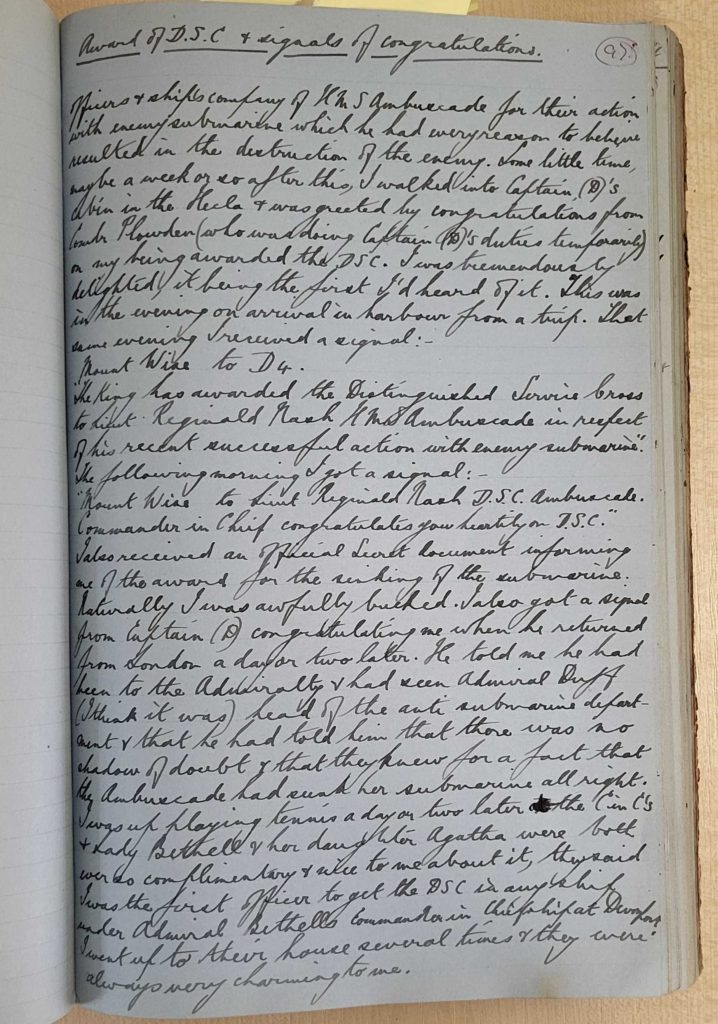
Reginald Nash at Auction
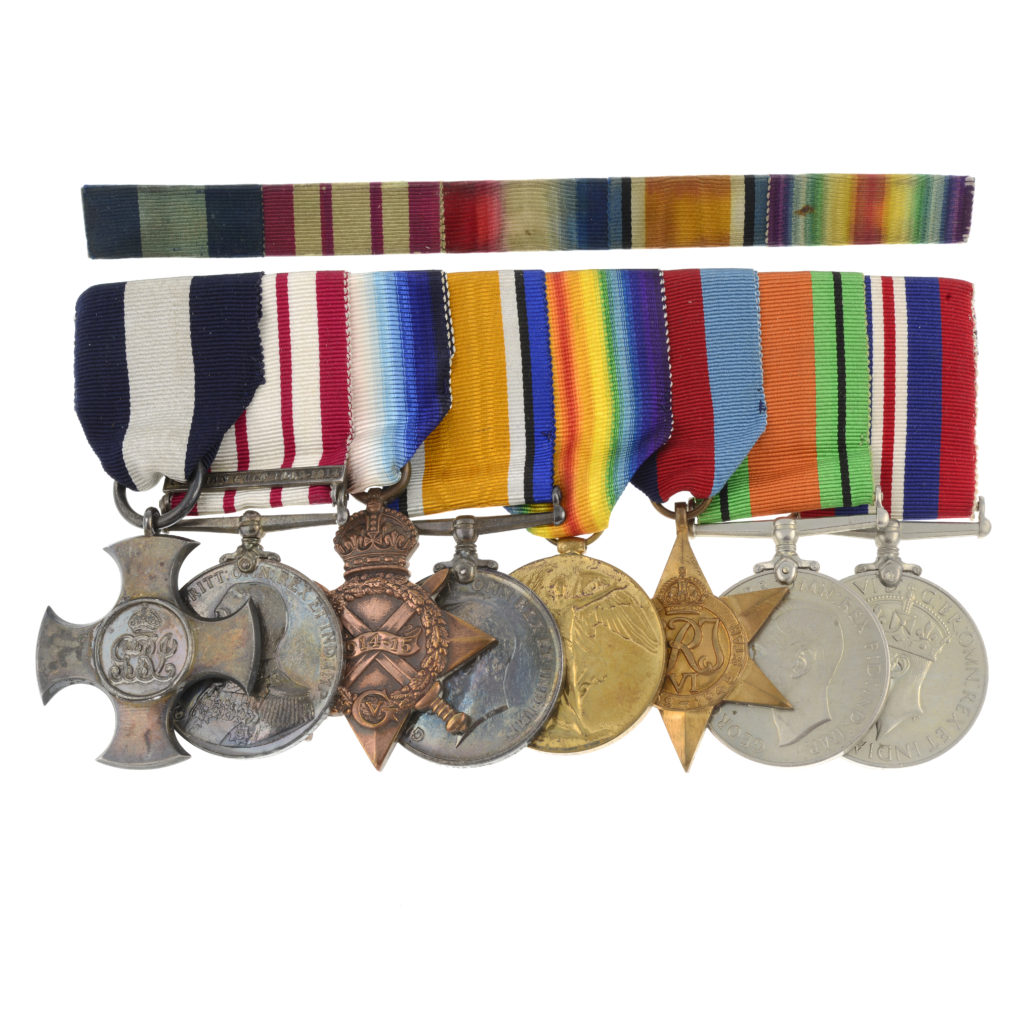
First World War and Second World War Distinguished Service Cross Medal Group (8) awarded to Cmdr Reginald Nash RN
Estimate: £4,000 - £6,000
Monies, Medals & Militaria | Friday 30th August 2024
Viewing times (ID required):
London
Wednesday 21st August 10:00-16:00
Birmingham
Thursday 29th August 10:00-16:00
Virtual viewings are available by request. Virtual viewings are the ultimate personal shopping experience. Using Zoom, you can ask us whatever you need to know to buy with confidence. Find out more here.
Valuations
Our valuations are free, with no obligation to sell with us. Our experts will value your item with an estimate, so you can find out what it could achieve at auction.
The process is simple. You can fill in a form online or book an appointment to visit either of our offices in Birmingham or London. Alternatively, if you can't attend virtual valuation appointments are also available.
Find what you're looking for
Make sure you don’t miss finding that special something by signing up to our email alerts. You’ll be the first to know when catalogues become available, receive invitations to special events and preview the hottest lots from our auctions, plus much more.
Why not use our free personal shopping service? Sign up for lot alerts and tell us exactly what you are looking for. Each time we upload a catalogue, we search for your keywords and email you lots matching your interests. Your personalised email will include images, lot descriptions and auction details.












